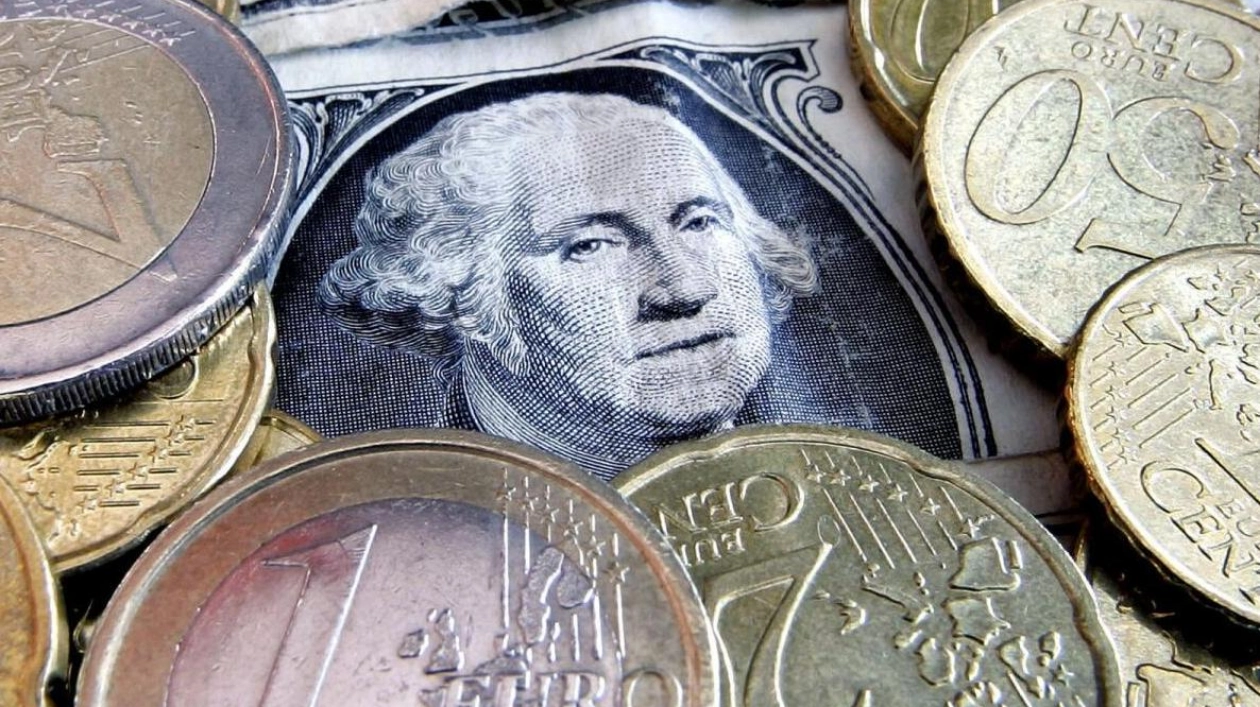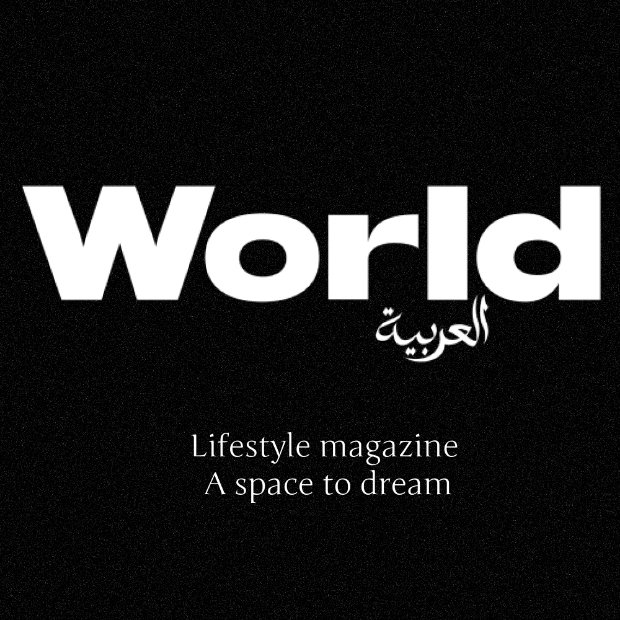The regional geopolitical conflict has had an indirect yet limited impact on the Gulf Cooperation Council (GCC) region, according to Jihad Azour, Middle East and Central Asia director at the International Monetary Fund (IMF). "The regional conflict poses risks to the economic outlook... For the first year of the conflict, the GCC region has been indirectly affected, but the impact has been limited," Azour told Khaleej Times in an interview on Thursday.
Among the indirectly affected countries in the region, including the UAE, the affected channels are trade and tourism, oil and gas, financial flows, and market behavior. The impact was short-lived and limited, according to IMF's regional director during a media briefing on Thursday. It has been one year since the Israel-Hamas war began, resulting in significant loss of life and economic damage. Recently, the conflict has expanded to Lebanon and Iran, with thousands of people losing their lives, including many women and children.
The war has driven oil prices higher, indirectly benefiting oil-producing GCC countries. Additionally, large sovereign wealth funds and robust growth in the non-oil sector have shielded the GCC from any direct economic impact. The UAE's non-oil sector has also performed exceptionally well in recent years, boosting per capita income.
Azour noted that countries in the Middle East region recover more slowly from conflicts. "Ten years after the conflict, countries in the region still bear the scars of the conflict, with GDP per capita 10 percent lower than before the conflict," he added. In its regional outlook, the IMF highlighted that despite ongoing challenges from geoeconomic fragmentation, GCC economies remain committed to economic reforms.
Decisive policy implementation has boosted investment and labor force participation, and economic activity in the non-oil sector has helped counterbalance a contraction in the oil sector for most GCC economies. Outside the GCC, oil exporters have experienced relatively stable growth, with some benefiting from elevated oil prices and robust production (Iran, Libya) and higher natural gas prices (Algeria).
Among GCC economies, non-oil growth is projected to remain strong, at 3.7 and 4 percent in 2024 and 2025, respectively, partly supported by ongoing diversification efforts. However, economic diversification reforms will take time to yield results. While the interconnection between oil and non-oil sectors has decreased, the oil sector is expected to maintain a significant role over the forecast horizon.
Meanwhile, most MENA oil exporters are expected to maintain generally low and stable rates of inflation. In GCC countries, headline inflation is projected to hover at about 2 percent in 2025 and over the medium term. With oil production experiencing a downturn this year and oil prices expected to decline gradually in the years ahead, current account balances for oil-exporting countries are expected to deteriorate over the medium term.
Notably, the current account surplus for the GCC as a whole is projected to narrow to about 2.5 percent of GDP over the medium term (down from above 6.1 percent in 2024), a reduction of more than $63 billion compared to the 2024 estimate.
Source link: https://www.khaleejtimes.com






